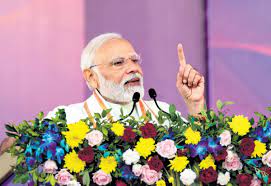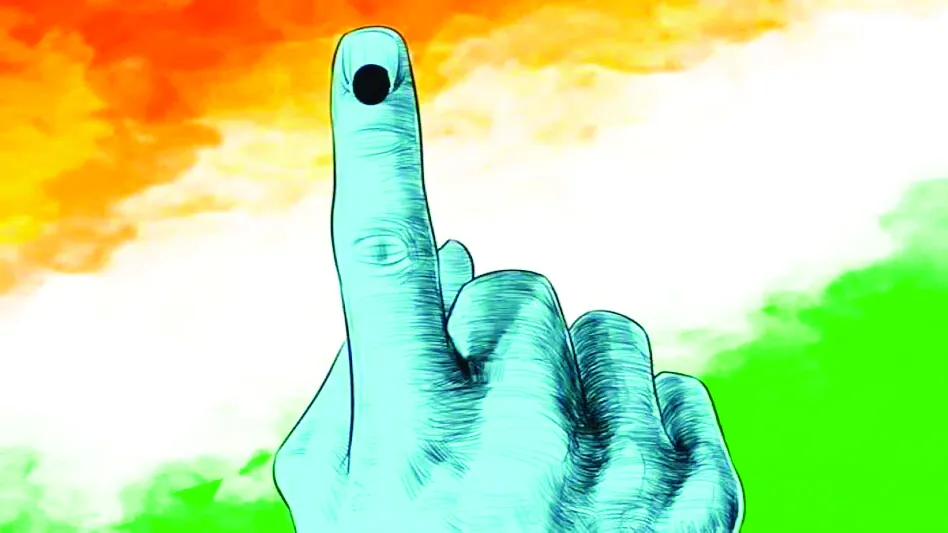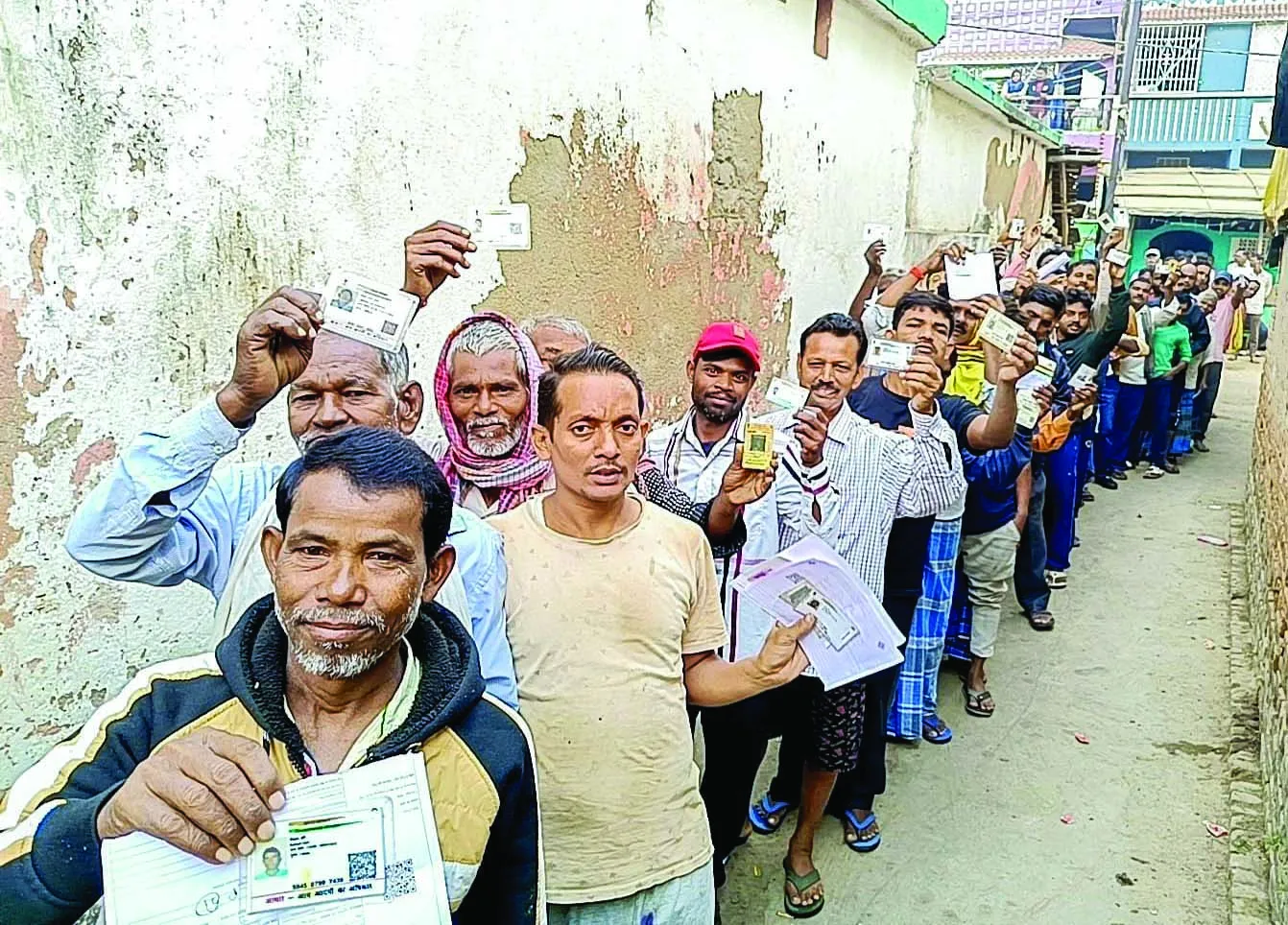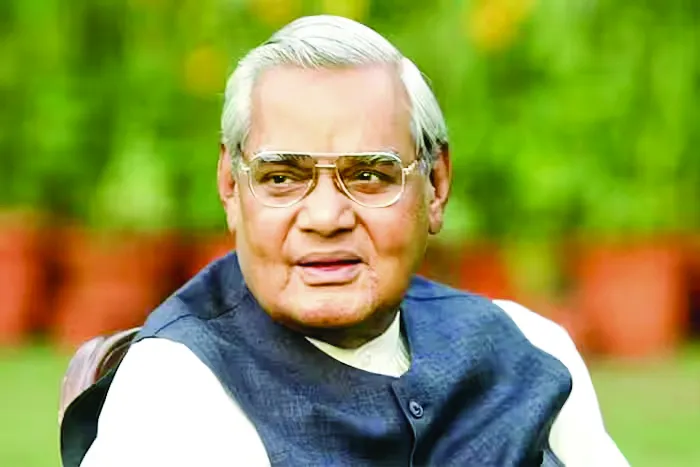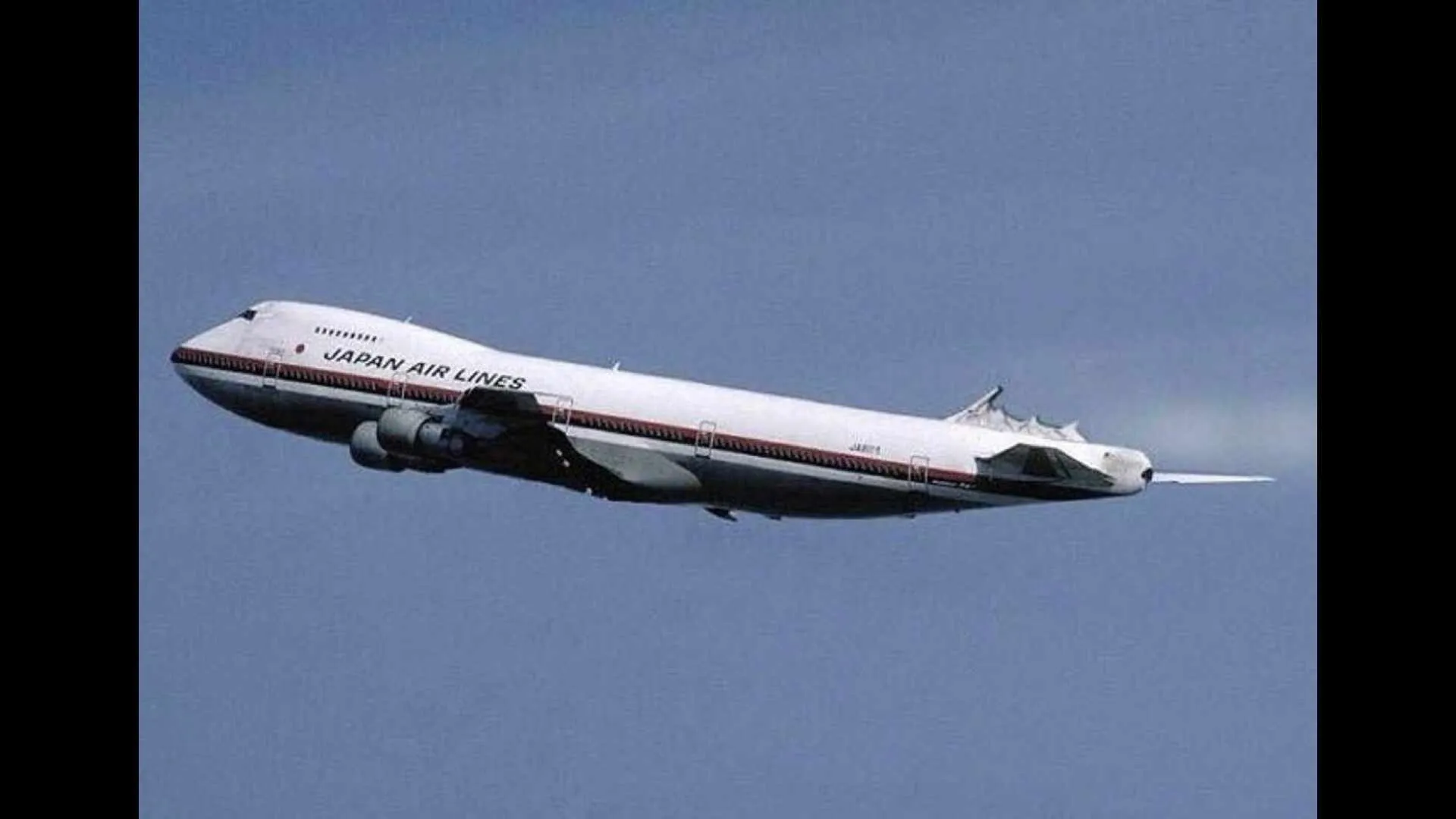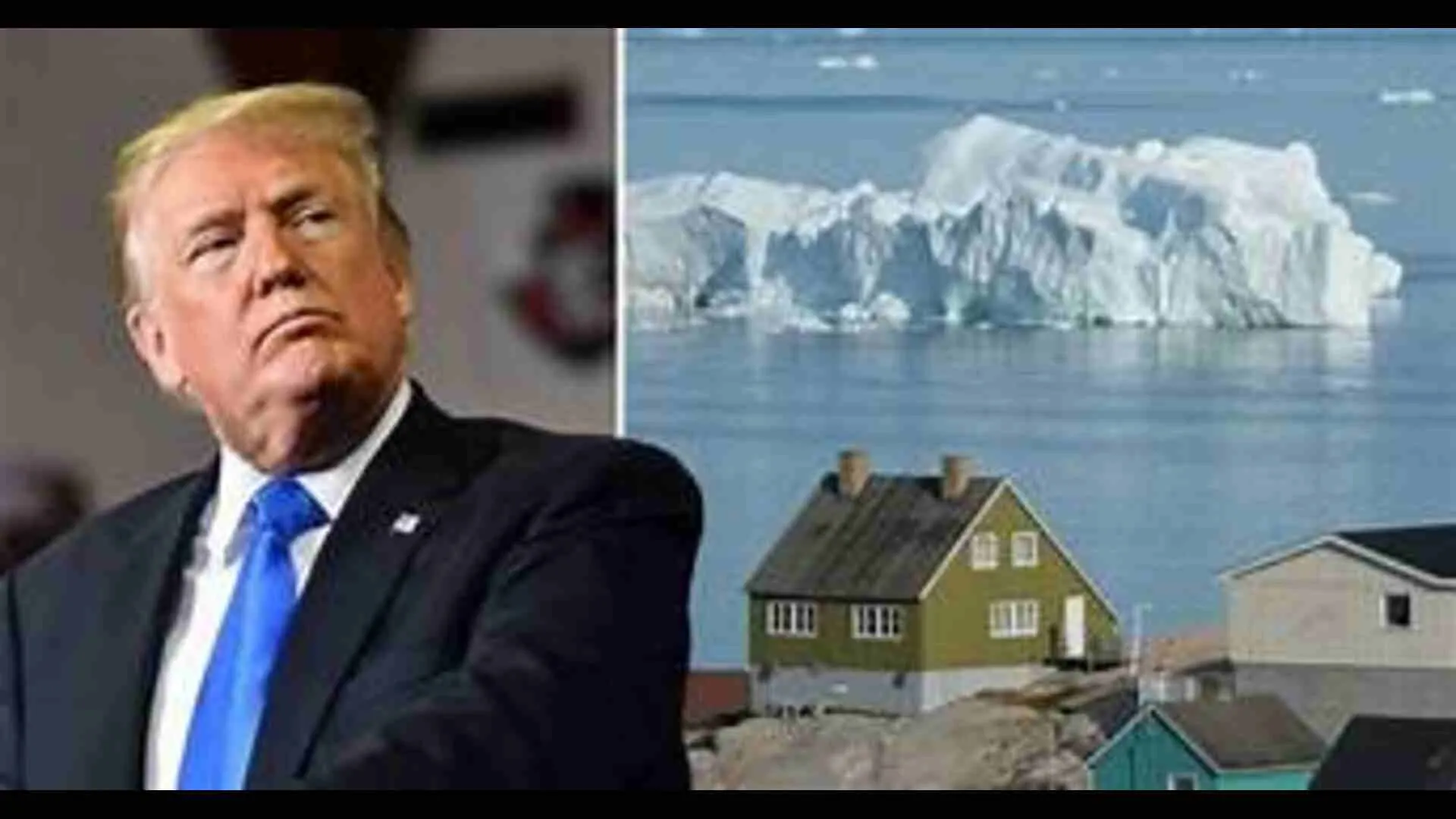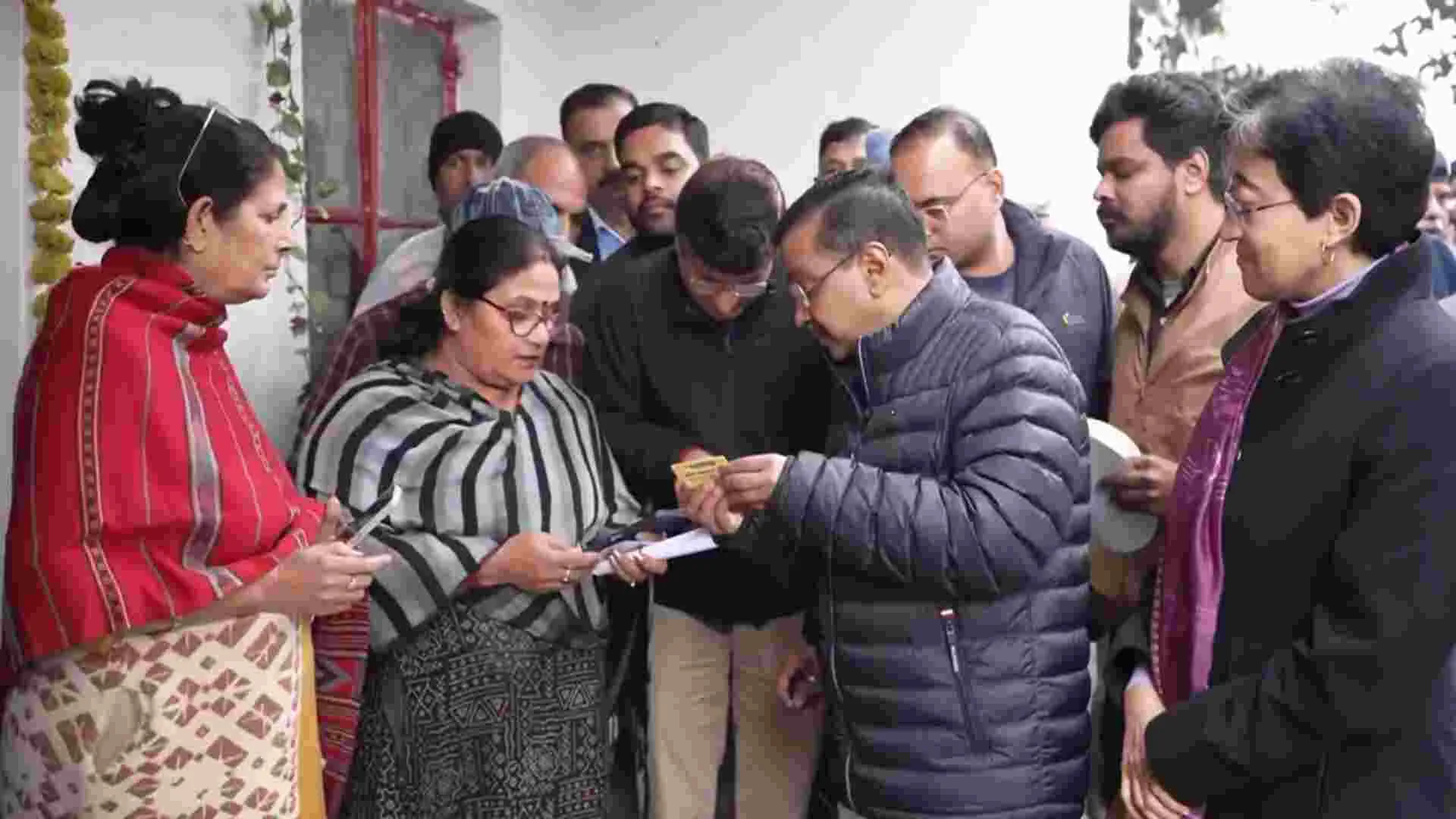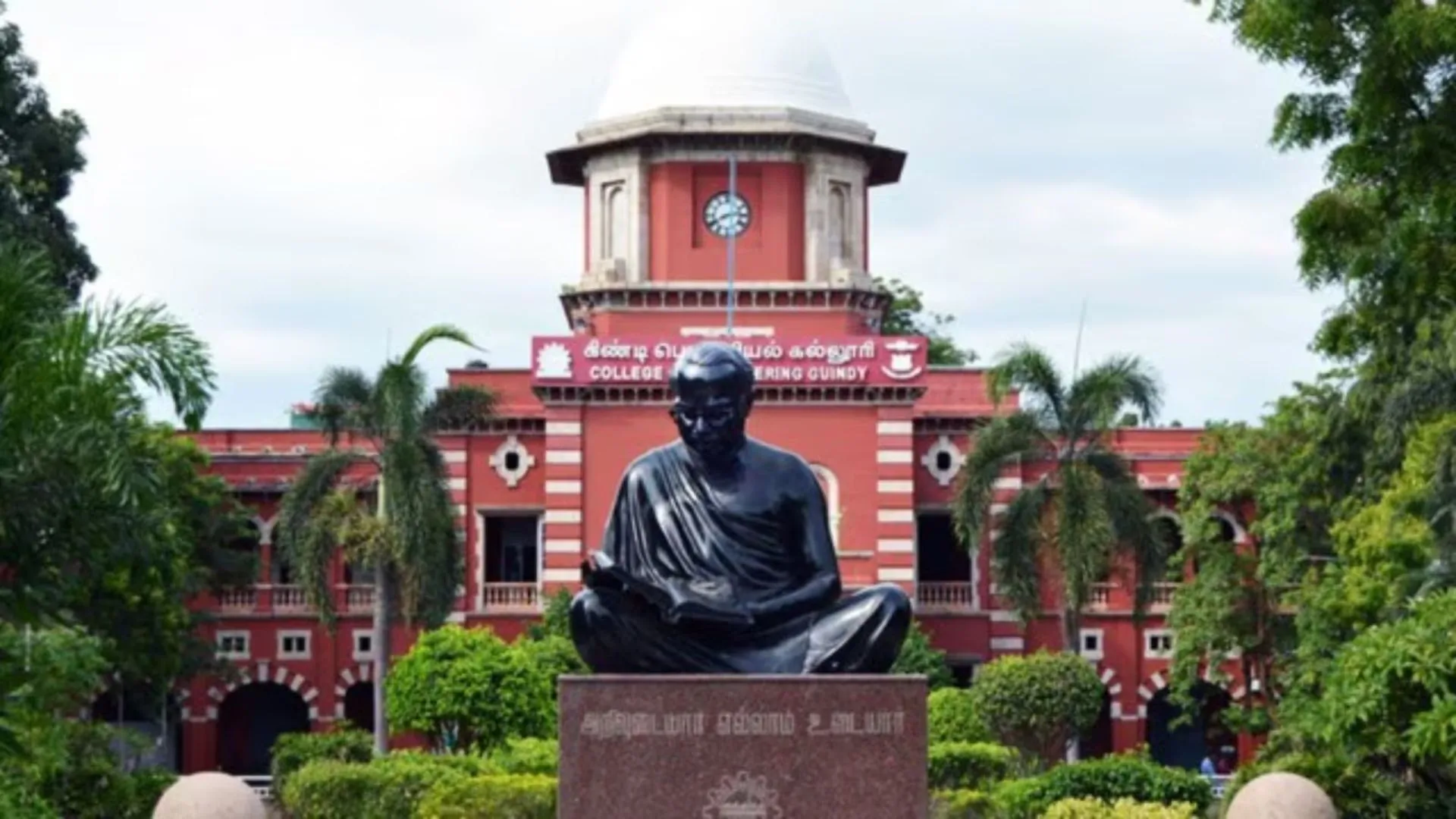A few months back Pew Research Centre, the prestigious nonpartisan think tank of the US, stated that among Indians, PM Modi and India’s rising influence are viewed favourably. About seventy-nine percent Indians hold Modi in a highly approving rate and they show confidence in Modi in making right and wider policy choices. The factual report of Pew Research Centre is based on rigorous research and hence considered thoroughly authentic; it holds Narendra Modi as India’s most popular political figure. The confidence and trust level of Indians on Modi is much stronger than that enjoyed by other politicians of the country. Modi’s popularity is across the socio-economic and demographic spectrum, in urban and rural areas, to both men and women, among all age groups and educational backgrounds. Actually, Modi sweats hard to stay connected with the people of all age-groups through various means like ‘Man Ki Baat’, ‘Pariksha Pe Charcha’ and MY Bharat Portal and ensures their participation, especially of youth, in the socio-economic and cultural development discourse. Modi’s popularity can be gauged from the fact that his YouTube channel has surpassed twenty million subscriptions. With this, Modi has outpaced other prominent global leaders. Modi’s channel records of all-time high 2.24 billion viewers is 43 times higher than that of Ukraine’s Zelensky, who holds the second highest number of views globally. This popularity on the cyberspace is approval of Modi’s digital prowess and his potential to appeal globally.
PM Modi, in fact, has animated politics by overcoming shibboleths and expanding the geopolitical role of the country. This has significantly improved India’s global profile. Whereas previously India was considered to be a swing state, in the emerging scenario it has become a close partner of US. Modi has succeeded in articulating policies to keep a fine balance between the diplomatic relations with the West and at the same time with the traditional ally, Russia. His resolute stand on Russia-Ukraine and Israel-Palestinian conflict is reiteration of the commitment of Bharat for the harmonious world order. A recently published article in Global Times, a prominent state-run Chinese media house, clearly portrays India’s remarkable achievements over the past four years. The author Zhang, the Director of the Centre for South Asian Studies at Fudan University posits that in the last four years India’s domestic and foreign affairs have improved tremendously. In the socio-economic development and cultural spheres of governance, the country has witnessed speedy reforms that have yielded tangible results and have enhanced India’s reputation globally. The article praises ascendancy of India as a more strategically confident nation which has given considerable thrust to economic, social and political governance especially through “Bharat-centric narratives.” This is approval of India’s rapid escape from its erstwhile status of “political dwarf”, which in fact was an outcome of nearly two-century long colonial rule. Ushering from this dismal background, the country is moving towards a status of “world-mentor”, culturally, socio-economically and politically. The Chinese think-tank appreciates India’s shift from multi-balancing to multi-alignment nation, which has given the country a status of world-power to be recognized by the first-world.
UK lawmaker Lord Karan Bilimoria, while heaping praises on Modi, referred to him as “one of the most powerful persons on the planet.” This is because Modi’s tax reforms, pro-market economic policies and defence modernization have bolstered the inner fabric of the country and enhanced prestige globally. This renewal and revival of inner structures is well synchronized with the foreign policy dynamism of the country. The feather in the cap came with the presidency of India to host G-20 Summit. British PM Rishi Sunak praised Modi’s leadership just ahead of the G-20 summit by saying: “This country’s scale, diversity and its extraordinary success means India is the right country to hold G-20 Presidency. I pay tribute to Prime Minister Modi’s leadership over the last year and it is wonderful to see India capable for such a global leadership.”
During the G-7 Summit in Hiroshima, Japan’s then Foreign Minister Yoshimasa Hayashi highly appreciated Modi for his leadership in building resilient and sustainable agriculture and food systems. Further, Yoshimasa highly praised Modi for placing economic growth as one of his top priority agenda for governance. These agenda basically include Make in India, Vocal for Local, Jai Anusandhan, Lab to Land, Digital India, Clean India, Startup India, Ek Bharat Shrestha Bharat, Atma Nirbhar Bharat and cultural revivalism. Skilling, reskilling and upskilling of youth through National Education Policy, empowering them with the creative, critical thinking and entrepreneurial mind-set, promoting rural and community skills and creating an overarching ecosystem for start-ups for promoting innovations and strengthening production chain will go a long way in making India an economic superpower. This coupled with a basket of pro-poor and socio-economic welfare measures places Modi uniquely in the development discourse of India. His development narrative for India is in fact a mixed bag of both, strengthening India’s traditional ‘Soft Power’ and the West’s ‘Hard Power’.
In emergence of Modi at the national and global platform, a crystal clear parallel can be drawn between a long span of political uncertainty in India prior to his party registering a comfortable mandate. Similarly, Japan’s six years of political instability ultimately led to the rise of Japanese Ex-Prime Minister Shinzo Abe, Modi’s close friend, in 2012. Emergence of both the leaders to power was a reflection of the resolve of their respective countries to reinvent themselves as more competitive and confident nations. Modi’s consistently rising graph is the telling truth of the resolve of Indians for a dynamic, assertive and a nationalistic yet global leadership skilled to revitalize country’s economic fortunes, security, social fabric and culture.
Modi retained his position as the world’s most popular leader with an approval rating of 76 per cent, as per the data released by US-based consultancy firm ‘Morning Consult’ on December 7, 2023. In fact, Modi has focused on reviving the country’s economic fortunes, while simultaneously strengthening strategic partnerships with friendly states for promoting regional and global stability. This has certainly brought a paradigm shift in diplomacy with a much-needed transition from foreign-centric focus to Bharat-centric one. Under Modi’s leadership, India’s enhanced strategic confidence has helped shape a Bharat-centric narrative. India’s departure from traditional Western-centric democratic ideals now spotlights the distinctive “Bharatiya feature” of democratic politics. In the political and cultural spheres, India has moved from emphasizing its democratic consensus with the West to highlighting the Indian feature of democratic values. This shift signifies India’s ambition to break free from its historical colonial legacy and emerge as a global leader, both politically and civilizationally.
The most acclaimed and impactful slogan in the development discourse of Bharat propounded by Modi is ‘Sabka Sath, Sabka, Vikas, Sabka Prayas and Sabka Vishwas’ has immense potential to metamorphose the contemporary civilizational discourse. It is this narrative which will actually help realize the vision of Modi to drive India into a ‘Viksit Bharat@2047. With the decisive leadership of Modi, India is certainly poised to shape the global future. Vibrant India is a stunning manifestation of Modi’s extra-ordinary vision. Modi’s vision has led to the merging of grand ambition, scaling-up and meticulous governance and flawless execution. Modi’s leadership has kindled a nationwide campaign to march forward, competing and cooperating to basically restructure the economic, political, cultural and industrial landscape of the country. In fact, Modi regime operates in a much larger canvass, both domestically and globally covering almost all spheres of human indulgence.
Even a cursory look at the statistics of the last few years depicts the remarkable achievements of the government led by PM Modi. This becomes crystal clear from the fact that since 2014, India’s GDP has grown by 185%. Similarly, per capita income of average Indian has increased by stunning 165%. These achievements are unparallel, especially considering this decade’s geo-political conflicts and pandemic challenges. The image of the nation has witnessed quantum jump on the global platform. Instead of seeking a voice on a global platform, India now creates the global platform itself. The International Solar Alliance, the Green Hydrogen Innovation Centre and the India-Middle East-Europe Economic Corridor Project at the initiative of India’s G20 Presidency have set a benchmark for a more inclusive and harmonious world-order. Adding the Global South to the G20 has defined a revolutionary movement in the modern world history. Modi’s leadership has reoriented India to become one of the fastest growing nations of the world and positioned her as the Global economic, social and cultural champion. Two philosophies, namely, “Vasudhaiv Katumbakam” and “Vishwa Guru” have surely contributed most significantly in enhancing the prestige and influence of the nation on the global context. In fact, the best is yet to come with the foresight, intellect and genius of PM Modi. With Modi’s vision of Viksit Bharat @2047, India of today is destined to shape the global future tomorrow.
Prof. Raghavendra P. Tiwari is Vice Chancellor, Central University of Punjab, Bathinda.

